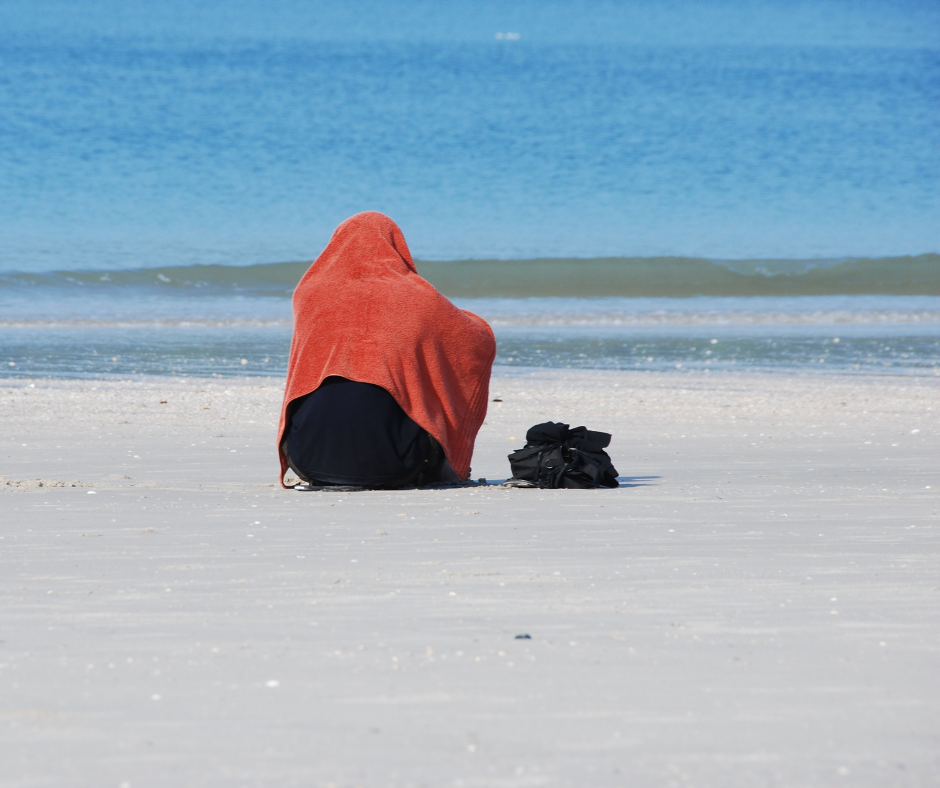Tell me and I forget, teach me and I may remember, involve me and I learn.[1]
~Xun Kuang (Xunzi)
Experiencing Deeper Truths By Living Deliberately
Justin McDaniel is a faculty member at Penn applying this idea to religious studies courses to profound effect. One of his classes, “Living Deliberately: Monks, Saints and the Contemplative Life” draws upon his own experience as a Buddhist monk. Students are required to, “observe a code of silence, abstain from using all electronic communications and limit their spending to $50 a week. They also practice celibacy for a month and keep journals, in which they write down what they were doing every 15 minutes.”[2]
The class has been very successful and even life changing for some students, impacting their performance in other classes as well as positively influencing their attentiveness and their relationships with others. The class caught the attention of Penn’s Positive Psychology Center, who has studied it’s impact.[3] For McDaniel it is important to recognize that, “Monastic life is not about individual techniques. It’s about fundamentally changing the way you interact with others, and interact with the environment, and interact with the way you survive through food, and sexuality, and shelter.”[4] The class therefore is not about adopting a few quick practices as tricks that increase attention and connection, but instead about allowing sustained practices that, over time, work to concretely change the ways in which students relate to the world.
This idea is related to how McDaniel views his role as a professor. Part of his teaching philosophy involves demonstrating to students that “…education is not just a series of accomplishments. Education is learning how to rethink, learning to question ourselves and learning how knowledge and service go together.”[5] For McDaniel, learning “how to rethink” can involve immersing oneself into a new world through intentional living.
Intentional Focus
With the ever presence of devices to distract us, much of the lessons of contemplation seem to require intentional letting go of aspects of our 21st century, fast paced, technology driven life in order to enter into a different focused space where we can have the patience to be fully contemplative. McDaniel has continued his exploration of what this looks like pedagogically through another class launched in 2017 called “Existential Despair”.
As McDaniel describes the course, “There will be no cell phones allowed in the class. You will put your cell phone in a box when you enter the class. There will be no checking of email. There will be no breaks where you can do this. There will be two bathroom breaks, that’s it. And we will sit and read a book all together. That’s it. In silence.”[6] The class which meets once a week from 5pm to midnight is incredibly popular with a waiting list of hundreds for 30 slots. Students bring dinner for another student in the class. Assignments are done in class, there is no homework or outside reading; students are asked only to focus exclusively on the text in front of them.
The course was intentionally designed to keep students from things that distract them. This allows students to be reintroduced to reading without interruption.[7] Yet beyond just an immersive experience in attentiveness, the course is also a subtle critique of what higher education has become in the 21st century. Says McDaniel, “A lot of academia is about showing off accomplishments. We are taught to consume knowledge and represent it. What I’m doing is creating a space where it’s not about the accomplishments but about the process itself.”[8]
“Involve Me and I Learn”
The process that McDaniel refers to is something I have been thinking a lot about in this late stage of the pandemic. The way we learn has been massively disrupted as we have moved to remote instruction and variations thereof. As we anticipate returning to in person instruction, are there ways we can use this disruption to figure out what about past pedagogy we do not want to repeat? We have all, in essence, been immersed in a pandemic experience. We have watched ourselves adapt and be resilient in how we work and learn and communicate. Things we never noticed before we are thinking about now as we wrestle with how to adapt them to online environments. As we have all then been “involved” in this pandemic, what have we learned? What can we do to learn better as we go forward?
[1]https://www.goodreads.com/quotes/7565817-tell-me-and-i-forget-teach-me-and-i-may
[2]https://www.thedp.com/article/2015/02/trained-monk-and-professor-justin-mcdaniel
[3]https://www.chronicle.com/article/opening-a-door-to-contemplative-life/
[4]https://www.chronicle.com/article/opening-a-door-to-contemplative-life/
[5]https://www.thedp.com/article/2015/02/trained-monk-and-professor-justin-mcdaniel
[6]https://www.thedp.com/article/2017/03/penn-7-hour-class-on-existential-despair-this-fall
[7]https://thepenngazette.com/seven-hour-sanctuary/ https://www.thedp.com/article/2017/10/halfway-into-the-semester-students-in-the-existential-despair-class-are-rediscovering-a-love-for-reading
[8]https://www.thedp.com/article/2018/10/existential-despair-class-impact-religious-studies-penn




